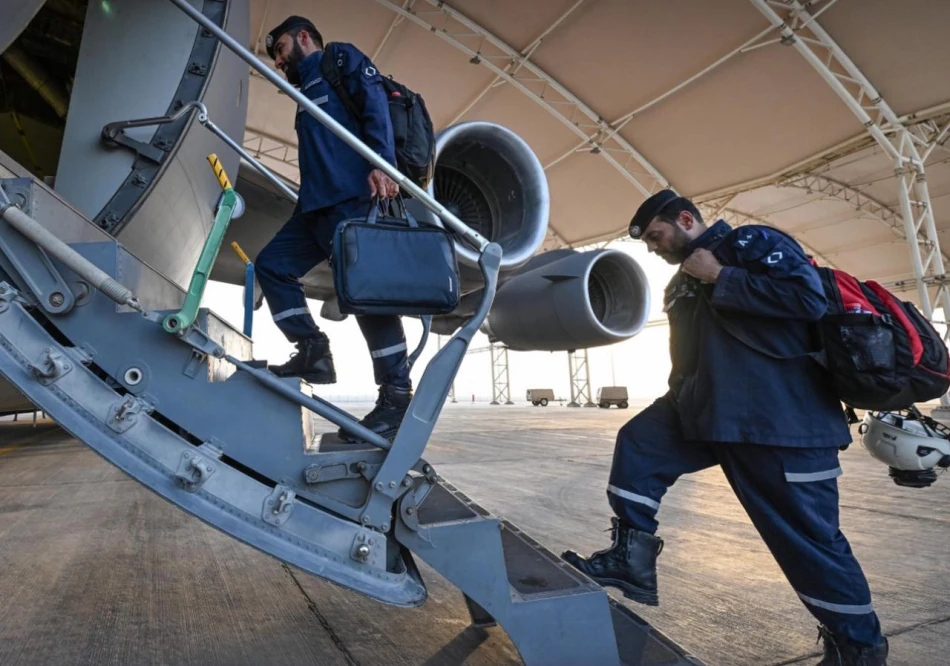
UAE Launches Immediate Humanitarian Aid Mission in Afghanistan
UAE Deploys Emergency Response Teams to Afghanistan Following Devastating Earthquake
The United Arab Emirates has mobilized specialized search and rescue teams to Afghanistan's earthquake-stricken eastern regions, demonstrating the Gulf nation's continued commitment to humanitarian diplomacy despite complex geopolitical tensions. The deployment, ordered directly by UAE President Sheikh Mohammed bin Zayed Al Nahyan, underscores how disaster relief has become a key tool for maintaining international influence and soft power projection in volatile regions.
Immediate Response and Operational Strategy
UAE's Joint Operations Command and national search and rescue teams departed for Afghanistan today, carrying advanced equipment and expertise honed through years of international disaster response operations. The mission represents a carefully coordinated effort that will see teams conduct field assessments alongside local Afghan authorities, a delicate diplomatic dance given the current political landscape.
The rescue operations will focus on maximizing life-saving potential through systematic debris removal and survivor extraction, while simultaneously providing logistical support to expand the overall response capacity in affected areas.
Multi-Pronged Humanitarian Approach
Complementing the rescue deployment, the UAE's Red Crescent Authority is simultaneously delivering emergency humanitarian supplies including medical equipment, temporary shelter materials, and essential relief items. This dual-track approach—combining immediate rescue capabilities with sustained humanitarian support—reflects lessons learned from previous international disaster responses.
Strategic Implications for Regional Diplomacy
The UAE's swift response to Afghanistan's crisis reveals important dynamics in Middle Eastern geopolitics. Unlike purely political or economic interventions, disaster relief allows the Emirates to maintain engagement with Afghanistan's current authorities while avoiding the diplomatic complications that have constrained other nations' involvement in the region.
This humanitarian diplomacy strategy has proven effective for the UAE across multiple crisis zones, from Yemen to Syria, establishing the nation as a reliable first responder regardless of political complexities. The approach builds long-term goodwill while positioning the UAE as an indispensable regional partner.
Comparative Context in Global Disaster Response
The UAE's rapid deployment mirrors similar strategies employed by countries like Turkey and Japan, which have leveraged disaster relief capabilities to enhance their international standing. However, the Emirates' approach is particularly notable for its willingness to operate in politically sensitive environments where other nations hesitate to engage.
Unlike larger powers that often attach political conditions to humanitarian aid, the UAE's model emphasizes immediate, unconditional response—a strategy that has earned significant diplomatic dividends across the developing world.
Implications for UAE's Global Positioning
This Afghanistan deployment reinforces the UAE's evolution from regional player to global humanitarian actor. The nation's investment in specialized rescue capabilities and rapid-response infrastructure pays dividends not only in lives saved but in enhanced international reputation and diplomatic access.
For Afghanistan's population, the UAE's intervention provides critical immediate relief while potentially opening channels for broader international engagement. The mission's success could influence how other nations approach humanitarian assistance in politically complex environments, potentially establishing new precedents for disaster diplomacy.
Most Viewed News

 Sara Khaled
Sara Khaled






